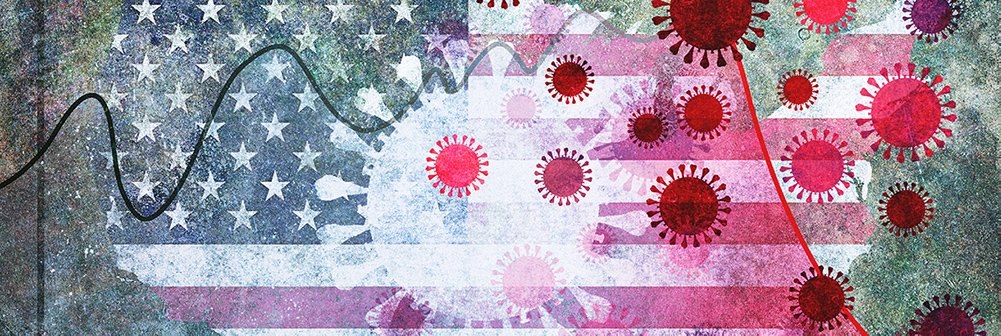In the latest Economist/YouGov poll, nearly one in three American adults (32%) claim they will not get vaccinated (18%) or aren’t sure what they will do (14%). The differences in vaccine acceptance are both regional and political, with education playing a major role.
The first stage of the vaccine drive, aimed at the elderly, has clearly made a mark. Seven in 10 Americans (70%) who are 65 and older have received at least one vaccine dose. But today, a quarter of senior citizens remain unconvinced of the importance of getting the vaccine – either saying that they aren’t sure they will get the vaccine (10%) or that they plan to reject it (16%). Very few of those 65 and older are not yet vaccinated but are personally sure they will be (6%).
The role politics plays in vaccine hesitancy is even more dramatic, as two in five Republicans (39%) and Independents (39%) are still on the fence about the vaccine or say they will reject it.
Nearly half (47%) of those who have already received at least one shot identify as Democrats, but Democrats are only 10% of those who reject the vaccine. Republicans are a quarter of the vaccinated, but 38% of those who say they will not get the shots. There is an enormous educational difference in the two groups. Nearly half of vaccine rejectors have only a high school education or less while 41% of the vaccinated have a college degree.
Vaccine rejectors are concerned about the safety of the vaccines, as well as have extreme distrust in those who offer medical advice. Just 17% of those who reject the vaccine say they trust medical advice from the Centers for Disease Control and Prevention. Only 10% trust medical advice from Dr. Anthony Fauci, the head of the National Institute of Allergies and Infectious Diseases, or from President Joe Biden.
They are more likely to trust former President Donald Trump’s medical advice: 49% nearly half of vaccine rejectors, say that. But even should President Trump launch a personal campaign to get those who currently reject the vaccine to be inoculated against COVID-19, that still might not change vaccine rejection into vaccine acceptance. Only 5% of those who won’t get vaccinated think there is anything that could change their minds; nearly four in five (79%) say nothing could convince them.
But there are some people who might be encouraged to get vaccinated, the 14% who aren’t sure what they will do. This group is twice as likely as those who reject vaccination to trust the CDC, Dr. Fauci and the President, though they remain more distrusting than trusting of their medical advice. But while rejectors are convinced that the three U.S.-approved vaccines are not safe, those on the fence simply haven’t come to any conclusion about safety.
See the toplines and crosstabs from this Economist/YouGov poll
Related: Why YouGov is changing how we ask people whether they’ve received the COVID-19 vaccine
Methodology: The Economist survey was conducted by YouGov using a nationally representative sample of 1,500 US Adult Citizens interviewed online between May 1 - 4, 2021. This sample was weighted according to gender, age, race, and education based on the American Community Survey, conducted by the US Bureau of the Census, as well as 2016 Presidential vote, registration status, geographic region, and news interest. Respondents were selected from YouGov’s opt-in panel to be representative of all US citizens. The margin of error is approximately 2.6% for the overall sample
Image: Getty








